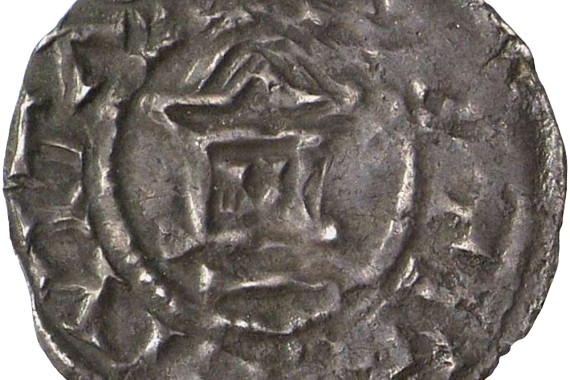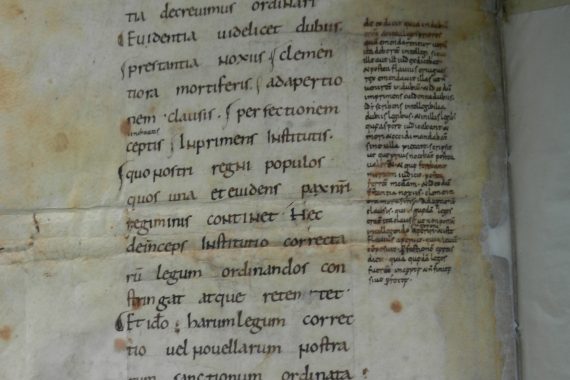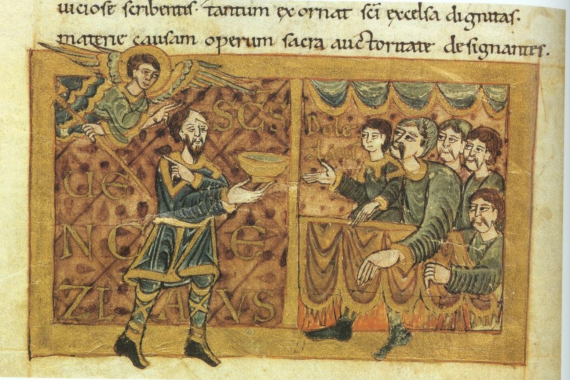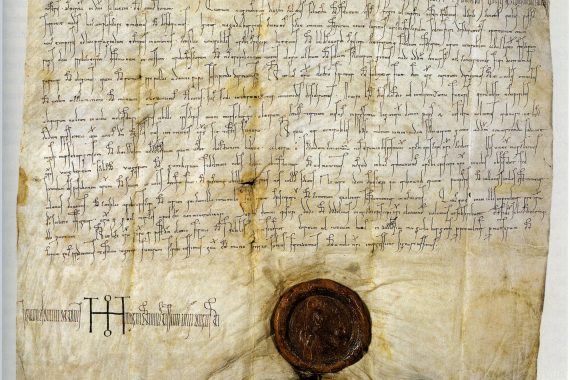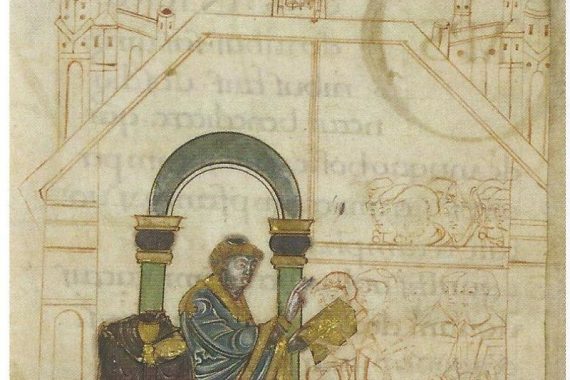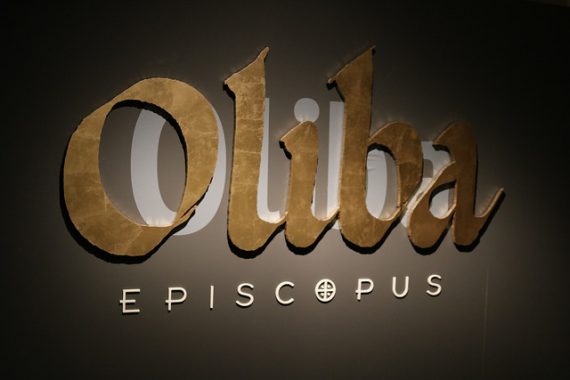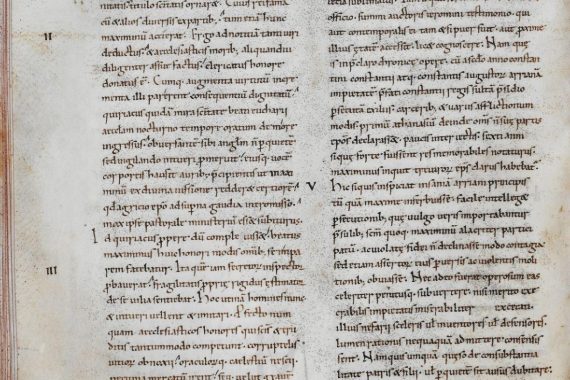The Egbert Psalter
The Egbert Psalter Date: c. 980 Place of Production: Reichenau Description: The psalter (a book containing the psalms) was given to Egbert, archbishop of Trier (975-993). It contains a calendar and a psalter. The manuscript holds several full-paged portraits of archbishops of Trier. It was illuminated in Reichenau, one of the most rich and creative centres in the…


